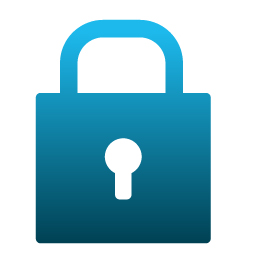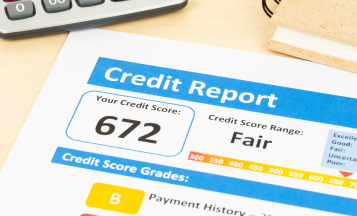This week is Data Privacy Week. It’s a great time to ponder the question, “Is my data safe?”
In today’s world, your personal data is constantly being shared with others—with and without permission. Your personal information is valuable, both to companies and crooks, and you should protect it. Here are a few tips:
Protect your privacy when downloading apps
Pay attention to your cellphone apps. Many apps ask for access to personal information, such as your geographic location, contacts list, photo album, or camera before you can use the app. Be careful about authorizing the sharing of this information and don’t hesitate to refuse.
Manage your privacy on devices
Thoroughly review all the privacy and security settings on websites, computer software (such as web browsers and operating systems) and phone apps, then change settings that you consider to be too intrusive or unsafe.

Browse anonymously
In your web browser settings for privacy and security, you may have the option to change settings so that you can browse somewhat anonymously; the settings may include asking websites not to identify your location or track you and have your browser refuse to store cookies.
Use multi-factor authentications
Some apps and sites offer multi-factor authentication. With multi-factor authentication, you are required to use additional authentication to be allowed to access your accounts. Trusted sources, such as financial institutions, will have the ability to utilize this method.
Learn more about Nymeo's Digital ID.

Use a Virtual Private Network(VPN)
A VPN is software and a service that creates what is often described as an encrypted digital tunnel that all your internet traffic can go through, and your data should be invisible and protected from hackers.
Change your home Wi-Fi password
Like your phone or computer, you should change your Wi-Fi password, making it longer and more complex. It helps to improve personal cybersecurity by making your passwords more resistant to hacking.
If you would like more information on data privacy, please visit the National Cyber Security Alliance.
Category: Credit & Budgeting




